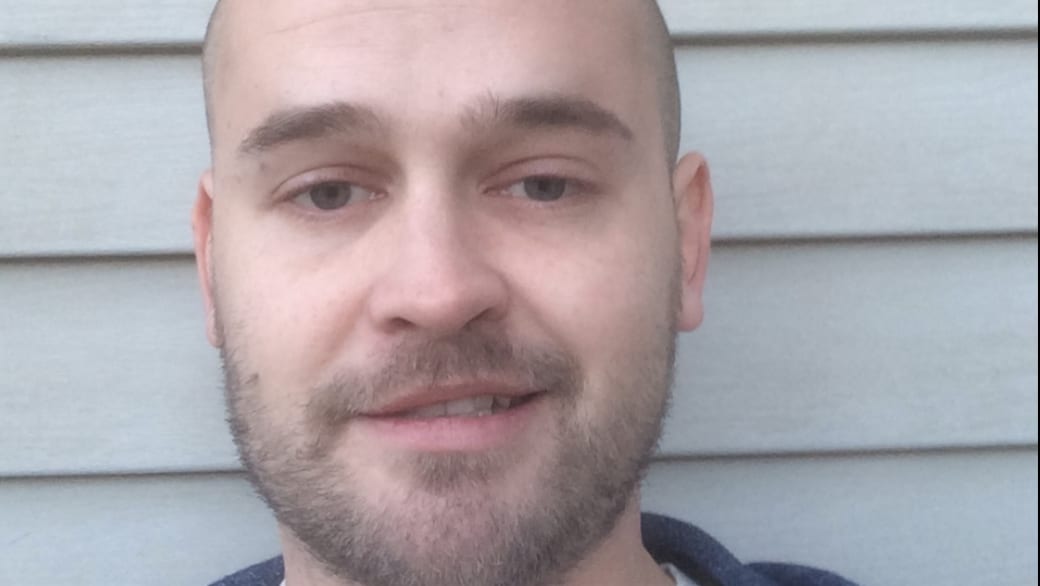“We have a very messed up immigration system.”
Daniel Elleker, a graduate student examining how Canada’s immigration system discriminates against LGBT refugees and bi-national couples, doesn’t mince words.
He was initially drawn to this topic by the research of Dr Anusha Kassan, not because of any personal ties to the subject matter. However, now his partner happens to be a temporary foreign worker and Elleker is witnessing, firsthand, the challenges faced by queer migrants.
“I’m seeing that in my own life and seeing what our system does to people. And not just the people who have come here but the people who love them,” he says. “So it’s become a bit personal, and I’m not afraid to admit that.”
Elleker has been collecting data from Citizenship and Immigration Canada through access to information requests to get a better understanding of what’s happening to LGBT refugee claimants. He describes his findings as unsettling.
“I wasn’t having so much success before the Harper government fell, but they’ve sure given me some juicy data since then,” he says.
Under the new Liberal government, Elleker says he’s uncovered ruling records for specific Refugee Protection Division Members (or “refugee judges” as he calls them).
“There are some people who are rejecting in the realm of 80 percent of LGBTQ asylum claims,” he says. “The average is closer to 50 percent, but you have to wonder, when there are such outliers, is there any accountability within the system?”
Elleker’s academic interests have always been varied — from immigration to indigenous communities to resiliency — but the one constant throughout these topics has been a dedication to LGBT issues and perspectives.
In 2014, when Elleker received a LOUD scholarship from BC’s lesbian and gay business association, he had just completed his undergraduate degree at Vancouver Island University. His thesis was on internalized homophobia and was the school’s first study (that Elleker is aware of) addressing sexual orientation.
Elleker is also an aspiring narrative therapist, a relatively new form of psychotherapy that focuses on identifying the impacts of power and oppression.
“Instead of locating the problem within the person, we see the broader context,” he says.
<< Previous: 2015 LOUD recipient Victor Ryan
>>Next: Read the final piece in our LOUD series on Monday, Jan 18, 2016.
The LOUD Foundation is now accepting applications for its 2016 scholarships until Jan 31, 2016. Students of all sexualities, gender expressions and ages are encouraged to apply, not just academic achievers. Leadership comes in many forms.

 Why you can trust Xtra
Why you can trust Xtra


